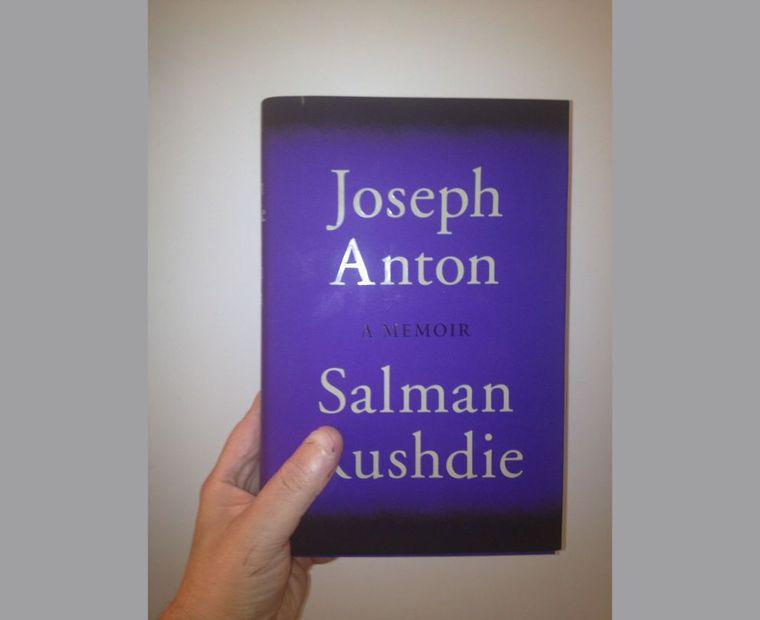
Nearly 70 per cent of Bolton's Muslim population turned up for Britain's first major demonstration against the book.

"You own the present," Rushdie appealed unsuccessfully to the Indian prime minister, Rajiv Gandhi, "but the centuries belong to art." The following month South Africa proscribed the book.

The Indian government rashly obliged, prohibiting the novel's importation (though copies were already in circulation). Responding to the coverage in India Today, some self-proclaimed leaders of Indian Muslims demanded a ban on The Satanic Verses.

Rushdie claimed in the accompanying interview that the image out of which his book grew was of the Prophet "going to the mountain and not being able to tell the difference between the angel and the devil." A pre-publication review in the Indian newsweekly India Today revealed that Rushdie had irreverently rewritten the life of the Prophet, the paradigmatic figure of virtue for all Muslims, naming him Mahound, the term used to identify him as a devil in medieval Christian caricature, and placing his 12 wives in a brothel. No one among Rushdie's early readers in Europe and America seems to have suspected that parts of the novel constituted, as Eliot Weinberger wrote in 1989, an "all-out parodic assault on the basic tenets of Islam". How could that be thought offensive?" But then authorial intentions barely seemed to matter to readers bringing to the book their own particular backgrounds, worldviews and prejudices. It was "an artistic engagement with the phenomenon of revelation", albeit from the perspective of an "unbeliever", but "a proper one nonetheless.

In his new memoir Joseph Anton, which describes his life in hiding for more than a decade, Rushdie claims that The Satanic Verses was his "least political book". Sentenced to death by an Iranian theocrat, Rushdie himself would embody the perils of mixing politics and literature in an interconnected and volatile world, where, as Paul Valéry once warned, "nothing can ever happen again without the whole world's taking a hand" and where "no one will ever be able to predict or circumscribe the almost immediate consequences of any undertaking whatever." "P olitics and literature," Salman Rushdie wrote in 1984, in what now seems an innocent time, "do mix, are inextricably mixed, and that … mixture has consequences." Criticising George Orwell for having advocated political quietism to writers, Rushdie asserted that "we are all irradiated by history, we are radioactive with history and politics" and that, "in this world without quiet corners, there can be no easy escapes from history, from hullabaloo, from terrible, unquiet fuss."įive years later, his novel The Satanic Verses would be abruptly inserted into a series of ongoing domestic and international confrontations in the west and Muslim countries.


 0 kommentar(er)
0 kommentar(er)
